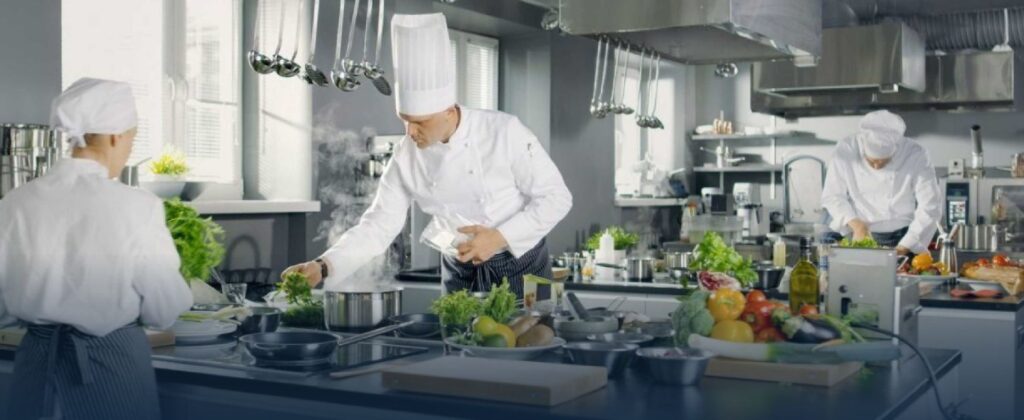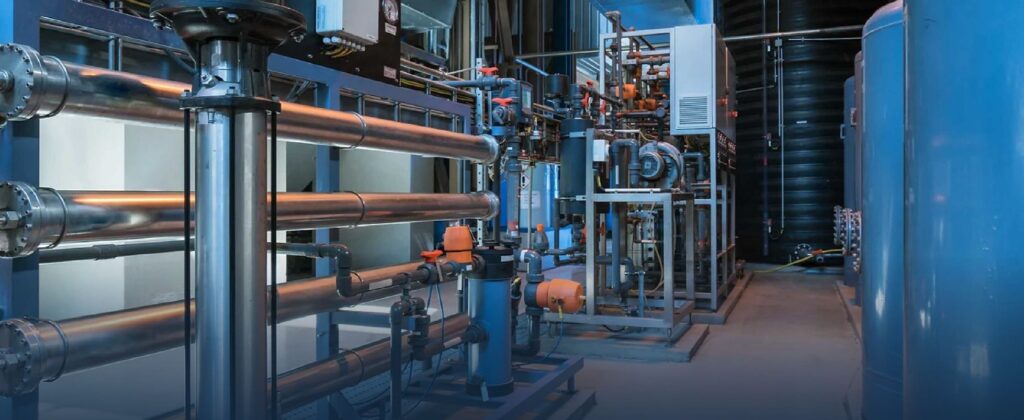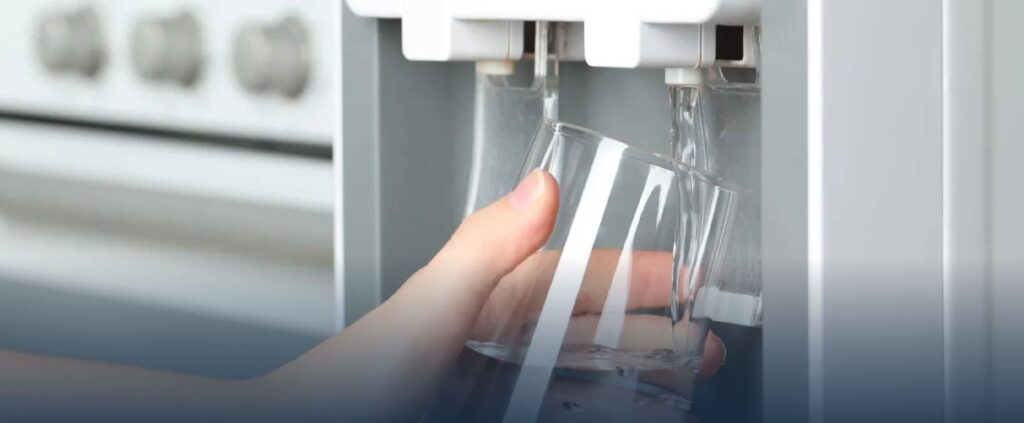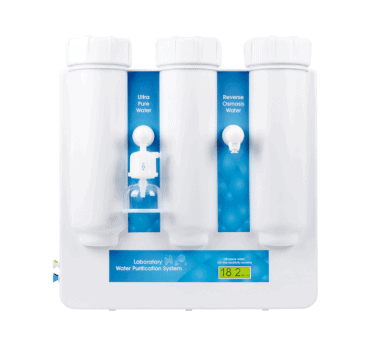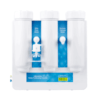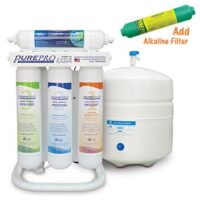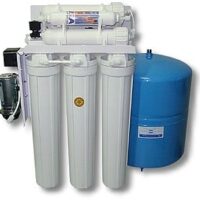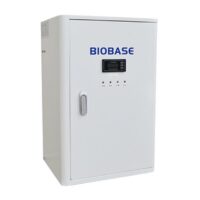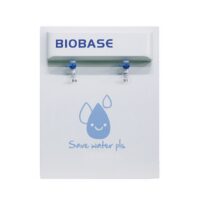Description
Laboratory Purified Water Systems
Laboratory purified water systems are designed to provide high-quality water for use in various laboratory applications. These systems offer several benefits, including:
Consistent water quality: Laboratory purified water systems are designed to produce consistent water quality, ensuring reliable and accurate results in laboratory experiments and tests. These systems remove impurities and contaminants from the water, producing water that meets or exceeds industry standards for laboratory-grade water.
Increased safety: Using laboratory purified water reduces the risk of contamination and ensures that experiments and tests are performed in a safe and controlled environment. High-quality water is essential for preventing interference with chemical reactions or other procedures, which can compromise safety and affect results.
Reduced maintenance costs: Laboratory purified water systems require less maintenance compared to other water purification systems. These systems are designed to be durable, reliable, and long-lasting, reducing the need for frequent repairs and replacements.
Cost-effective: While laboratory purified water systems require an initial investment, they are a cost-effective solution in the long run. They reduce the need for purchasing bottled water or using other types of water purification systems that require frequent maintenance and replacement.
Versatile: Laboratory purified water systems can be used in a wide range of laboratory applications, including research, testing, and analysis. These systems can produce water of different levels of purity, depending on the specific requirements of the application.
Environmental benefits: Laboratory purified water systems are an environmentally friendly solution, as they reduce the amount of plastic waste generated by purchasing bottled water. This makes them a sustainable and eco-friendly option for laboratories that are committed to reducing their environmental impact.
In conclusion, laboratory purified water systems offer numerous benefits, including consistent water quality, increased safety, reduced maintenance costs, cost-effectiveness, versatility, and environmental sustainability. These systems provide high-quality water that meets or exceeds industry standards, ensuring reliable and accurate results in laboratory experiments and tests. If you are looking for a water purification solution that meets your laboratory’s specific requirements, a laboratory purified water system may be the ideal choice for you.
Laboratory Purified Water Systems, Smart Q15 RO System.
Commercial RO and DI System
This reverse osmosis water filter is economical and designed for commercial and laboratory applications . Reverse osmosis water filters are the proven and most effective way to remove contaminants from water. A secondary mixed bed deionising stage , comprising of multiple stages , polishes the water to the required standard.
- With tap water inlet, it’s output ranges from 15 to 30 litres/hour. It can produce single stage RO water. The single stage RO water’s ion rejection rate is more than 96% (new RO Membrane), organic rejection rate>99% (when mw>200 Dalton), Particles and bacteria rejection rate>99%. It is suitable for glassware washing, feed of ultrapure water system, autoclave steriliser, constant temperature and humidity chamber, salt spray test chamber, dampening machine and etc.
Specifications
| Model |
Smart-Q15 |
Smart-Q15UT |
Smart-Q30 |
Smart-Q30UT |
| Output(25℃)* |
15 liters/hour |
30 liters/hour |
| Flow rate |
Up to 2 liters/minute (with pressure tank) |
| Pure water outlet |
2: reverse osmosis water, deionised water |
| Deionized water quality |
|
|
|
|
| Resistivity |
15-18.2MΩ.cm |
| Bacteria |
N/A |
<0.1cfu/ml |
N/A |
<0.1cfu/ml |
| Particle(>0.1μm) |
N/A |
<1/ml |
N/A |
<1/ml |
| RO water quality |
|
|
|
|
| Ion rejection rate |
96%-99% (new RO membrane) |
| Organic rejection rate |
>99%, when MW>200 Dalton |
| Particles and bacteria rejection rate |
>99% |
| Feed water requirements |
Tap water, temperature:5-45℃,pressure:1.0-4.0Kgf/cm2 |
| Dimension and weight |
Length×Width×Height:410×220×420mm / Weight: about 18Kg |
| Electrical requirements |
AC110-240V, 50/60Hz |
| Power |
72W |
| Standard configuration |
Main body (Including 1 set of cartridge)+15 liters pressure tank+ TDS/conductivity test pen |
Product Brochure (JPG.File)
ASTM Standards for Reagent Water
Reagent water has quantitative specifications that describe the level of purity for the water. These specifications have been described by ASTM (American Society for Testing and Materials) D1193, ISO (International Organization for Standardization) 3696.
The most commonly used standards, ASTM D1193-6, are summarised in the tables below
| Reagent Water Measurement (unit) |
Type 1 |
Type 2 |
Type 3 |
| Resistivity (MΩ.cm) at 25 °C |
>18 |
>1 |
>4 |
| Total organic carbon (ppb) |
<50 |
<50 |
<200 |
| Sodium (ppb) |
<1 |
<5 |
<10 |
| Chloride (ppb) |
<1 |
<5 |
<10 |
| Total silica (ppb) |
<3 |
<3 |
<500 |
What Type of Water Do You Need?
Designing your type of water requirments, you should consider the applications , as listed in the table below:
|
Type of water
|
Application and interest areas
|
Ultrapure
Type 1 |
Pure
Type 2 |
RO
Type 3 |
Cartridge and filter systems |
| General Lab Purpose |
| Autoclave |
|
• |
• |
• |
| Humidification |
|
• |
• |
• |
| Glassware washing/rinsing |
|
• |
• |
• |
| General lab equipment (water baths, incubators, etc.) |
|
• |
• |
• |
| Feed water to Type 1 systems |
|
• |
|
|
| Media prep |
|
• |
|
|
| Buffer prep |
|
• |
|
|
| Chemical and biochemical reagent prep |
|
• |
|
|
| Analytical |
| High performance liquid chromatography (HPLC) |
• |
|
|
|
| Gas chromatography (GC) |
• |
|
|
|
| Ion chromatography (IC) |
• |
|
|
|
| Inductively coupled plasma spectroscopy (ICP) |
• |
|
|
|
| Mass spectroscopy (MS) |
• |
|
|
|
| Atomic absorption (AA) |
• |
|
|
|
| Total organic carbon (TOC) |
• |
|
|
|
| Life Sciences |
| Genomics (ex. PCR, mutagenesis) |
• |
|
|
|
| Proteomics (ex. crystallography, electrophoresis) |
• |
|
|
|
| Immunology (ex. monoclonal antibody production, blots) |
• |
|
|
|
| Pharmacology |
• |
|
|
|
| Cell and tissue culture |
• |
|
|
|
| Drug discovery |
• |
|
|
|
| Molecular biology |
• |
|
|
|
| Microbiology |
• |
|
|
|
